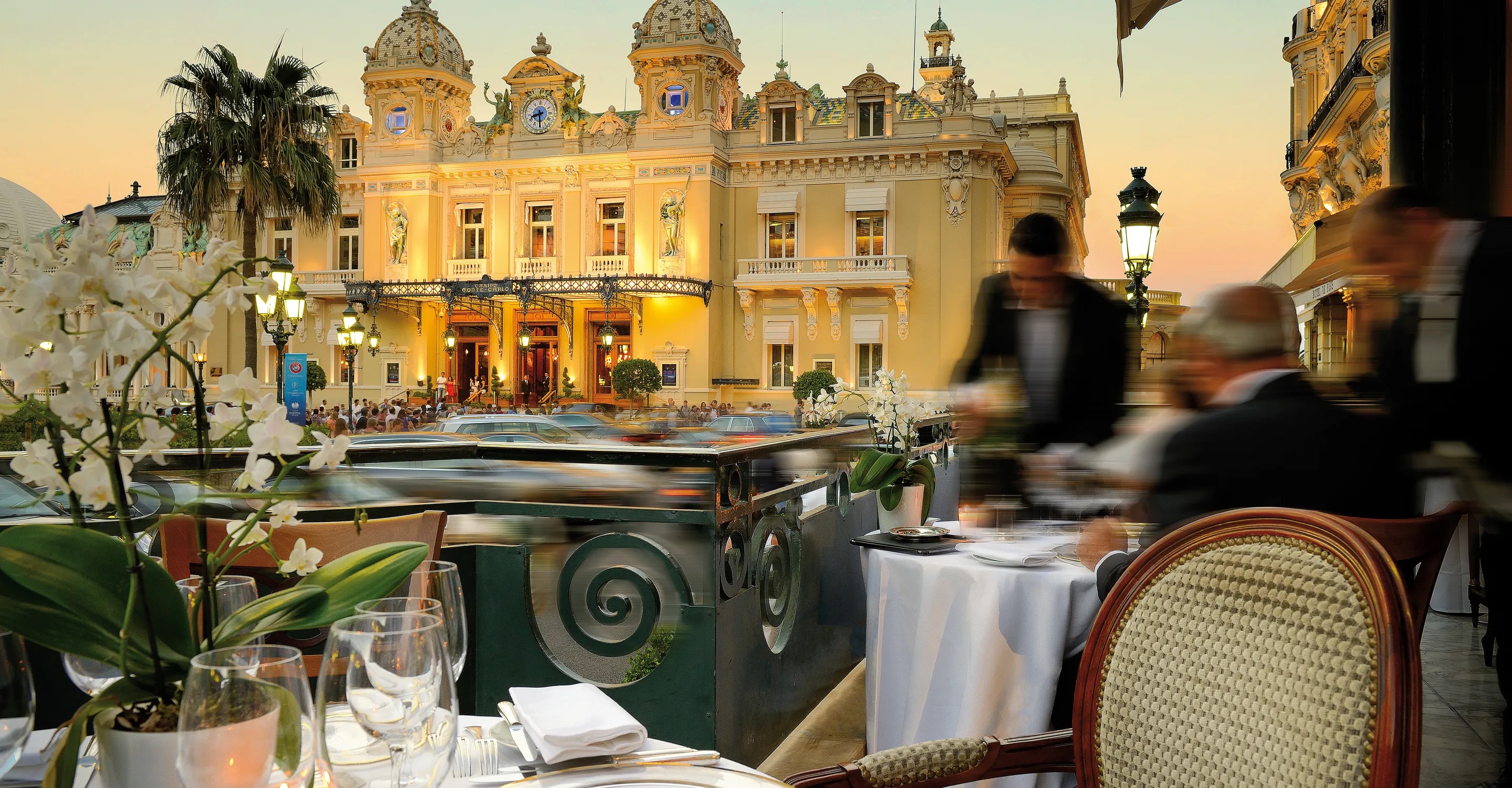Monaco, the second smallest country in the world, has managed to maintain its independence throughout history despite its location on the southern coast of France. With a land mass of just 2.02 km^2 (0.78 sq. miles) and a population of around 38,900 people, Monaco is known for its wealth and luxurious lifestyle. In this blog post, we will explore the captivating history of Monaco’s independence and its rise to financial success.
Since the 13th century, Monaco has successfully evaded conquest and national sentiments that sought to integrate it into larger neighboring countries. The ruling house of Monaco, the Grimaldi family, implemented a strategic plan to remain independent by placing themselves under the protection of powerful neighboring nations. Over the centuries, they pledged loyalty to the Genoese, French, and later the Spanish, until they found a more convenient alliance with the French King in the 17th century.
French Protectorate
After gaining the French King’s protection, Monaco became a French colony for nearly two centuries, strategically avoiding annexation by France. The delicate balance of power and changing alliances in Europe allowed Monaco to maintain its independence. In 1814, following the defeat of Napoleon, Monaco was restored to its independent status, but as a protectorate of the Kingdom of Sardinia.
Sardinian Protectorate and French Influence
Monaco’s status as a Sardinian protectorate shielded it from being incorporated into other countries. The ruling Prince of Monaco accepted French influence to prevent the French from annexing the region. Monaco’s unclear status allowed it to remain independent, as France was cautious not to antagonize the other great powers who supported Monaco’s independence.
Monaco’s Financial Transformation
After losing much of its land, Monaco needed to find alternative sources of revenue. Two key economic drivers emerged: gambling and evasive accounting. Monaco’s famous Monte Carlo Casino, opened in 1863, attracted the rich and famous, generating significant tourism revenue. In 1869, the removal of income tax transformed Monaco into a haven for the wealthy from over 100 countries, earning it the nickname “tax haven.”
The Rise of Monaco’s Wealth
Monaco’s allure to the world’s wealthiest individuals has contributed to its astonishing wealth. CNN reports that approximately one in three residents of Monaco are millionaires. Many famous personalities, including Formula One drivers and other celebrities, have made Monaco their home due to its advantageous tax policies. By attracting affluent visitors and residents, Monaco has experienced a flow of wealth that has perpetuated its financial success.
Maintaining Independence and Financial Prosperity
Monaco’s ability to preserve its independence and sustain its prosperity is intertwined. The country has skillfully managed its relationship with France, aligning its interests to avoid annexation while accepting French influence when necessary. Monaco’s financial success has been rooted in its ability to attract wealthy individuals and generate revenue from its world-renowned casino and tax policies.
Monaco’s unique history and financial success make it a fascinating microstate in the global landscape. From its strategic alliances to its reputation as a tax haven, Monaco has overcome its small size to become a symbol of wealth and luxury. As we explore the intriguing story of Monaco’s independence and its rise to financial prominence, we gain a deeper understanding of this remarkable nation on the French Mediterranean coastline.
